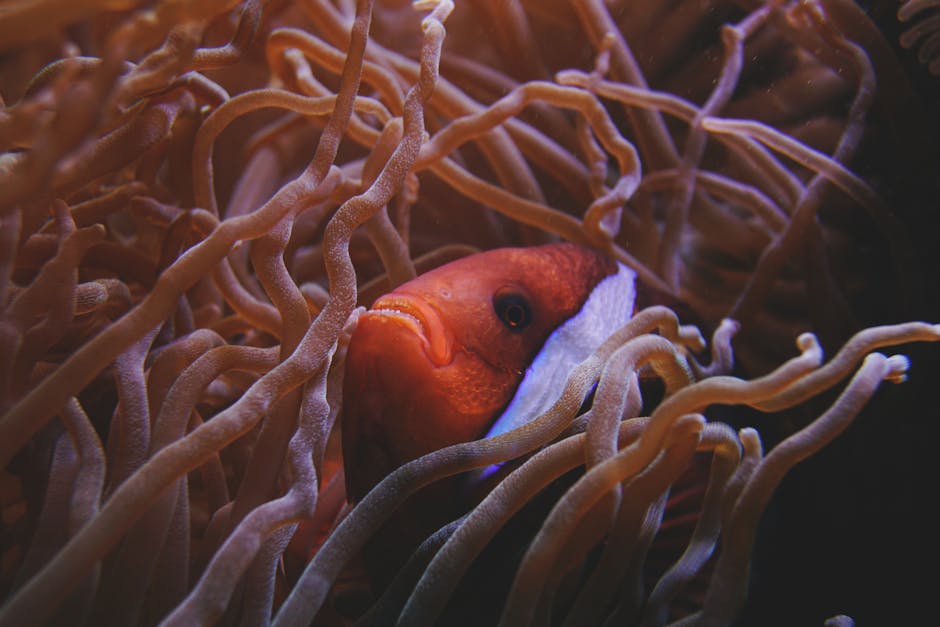Climate change, arguably the most pervasive threat, exerts its influence primarily through two intertwined mechanisms: ocean warming and ocean acidification. Rising sea surface temperatures cause coral bleaching, a phenomenon where corals expel their symbiotic zooxanthellae algae, leaving them vulnerable to disease and starvation. Bleaching events, becoming increasingly frequent and severe, can lead to widespread coral mortality, dramatically altering reef structure and function. Ocean acidification, stemming from increased atmospheric carbon dioxide absorption by seawater, reduces the availability of carbonate ions, essential building blocks for coral skeletons. This hinders coral growth and calcification, compromising reef resilience and ability to recover from disturbances. Furthermore, changes in storm intensity and frequency, another consequence of climate change, inflict physical damage to reefs through increased wave action and flooding.
Beyond climate change, human activities inflict considerable damage on coral reefs. Destructive fishing practices, such as blast fishing and cyanide fishing, cause direct physical damage to corals and disrupt the delicate balance of reef ecosystems. These methods indiscriminately kill fish and other marine organisms, severely impacting biodiversity and ecosystem health. Similarly, unsustainable harvesting of reef organisms, particularly for the aquarium trade and consumption, removes key species, reducing population sizes and potentially triggering trophic cascades. Overfishing, targeting commercially valuable species, disrupts food webs and can lead to the proliferation of undesirable algae that outcompete corals for space and resources.
Coastal development and pollution introduce further stressors. Sediment runoff from construction sites, agriculture, and deforestation smothers corals, reducing light penetration essential for photosynthesis by zooxanthellae. Nutrient pollution, largely from agricultural fertilizers and sewage, fuels algal blooms that further inhibit coral growth and increase the susceptibility of corals to disease. Plastic pollution, a pervasive global issue, entangles corals, smothers them with debris, and introduces harmful chemicals into the marine environment, compromising reef health. Chemical pollutants, including pesticides, herbicides, and heavy metals, also directly poison corals and other reef organisms, disrupting physiological processes and impacting reproductive success.
Crown-of-thorns starfish (Acanthaster planci) outbreaks pose another significant threat. These starfish are natural predators of corals, but population explosions can lead to widespread coral mortality. While the exact causes of outbreaks remain a subject of ongoing research, factors such as nutrient pollution and overfishing of their natural predators may contribute to their proliferation. Effective management strategies require controlling starfish populations without harming the overall ecosystem.
Disease outbreaks can also decimate coral populations. Increased water temperatures and pollution weaken corals, making them more susceptible to bacterial, viral, and fungal infections. Many coral diseases spread rapidly across reefs, causing significant mortality. Understanding disease transmission pathways and developing effective treatment strategies is crucial for mitigating disease impacts.
Invasive species, introduced to reef environments through ballast water or other human activities, can outcompete native species for resources, alter food webs, and introduce novel pathogens. Invasive algae, for example, can rapidly overgrow corals, leading to their demise. Effective management strategies require early detection and rapid response mechanisms to prevent widespread invasions.
The interconnectedness of these threats complicates conservation efforts. For instance, climate change exacerbates the impacts of pollution and overfishing, reducing reef resilience and hindering recovery from disturbances. Addressing these threats requires a holistic approach that tackles both local and global stressors. Effective management strategies necessitate integrated coastal zone management, sustainable fishing practices, pollution control measures, and climate change mitigation and adaptation strategies.
Furthermore, understanding the complex interactions within coral reef ecosystems is crucial for developing effective conservation strategies. This includes examining the role of keystone species, the dynamics of trophic cascades, and the resilience of different coral species to various stressors. Research efforts focusing on coral genetics, physiology, and ecology are essential for developing strategies to enhance coral resilience and facilitate reef restoration.
In conclusion, coral reefs face a complex array of threats, the impacts of which are often synergistic and far-reaching. Climate change, human activities, and natural disturbances collectively pose an existential threat to these invaluable ecosystems. Effective conservation requires a multifaceted approach, incorporating global and local actions to mitigate stressors, enhance reef resilience, and protect these vital habitats for future generations. Collaboration among scientists, policymakers, local communities, and international organizations is essential for implementing comprehensive and sustainable conservation strategies. The future of coral reefs hinges on our collective commitment to safeguarding these biodiversity hotspots and the invaluable services they provide.
